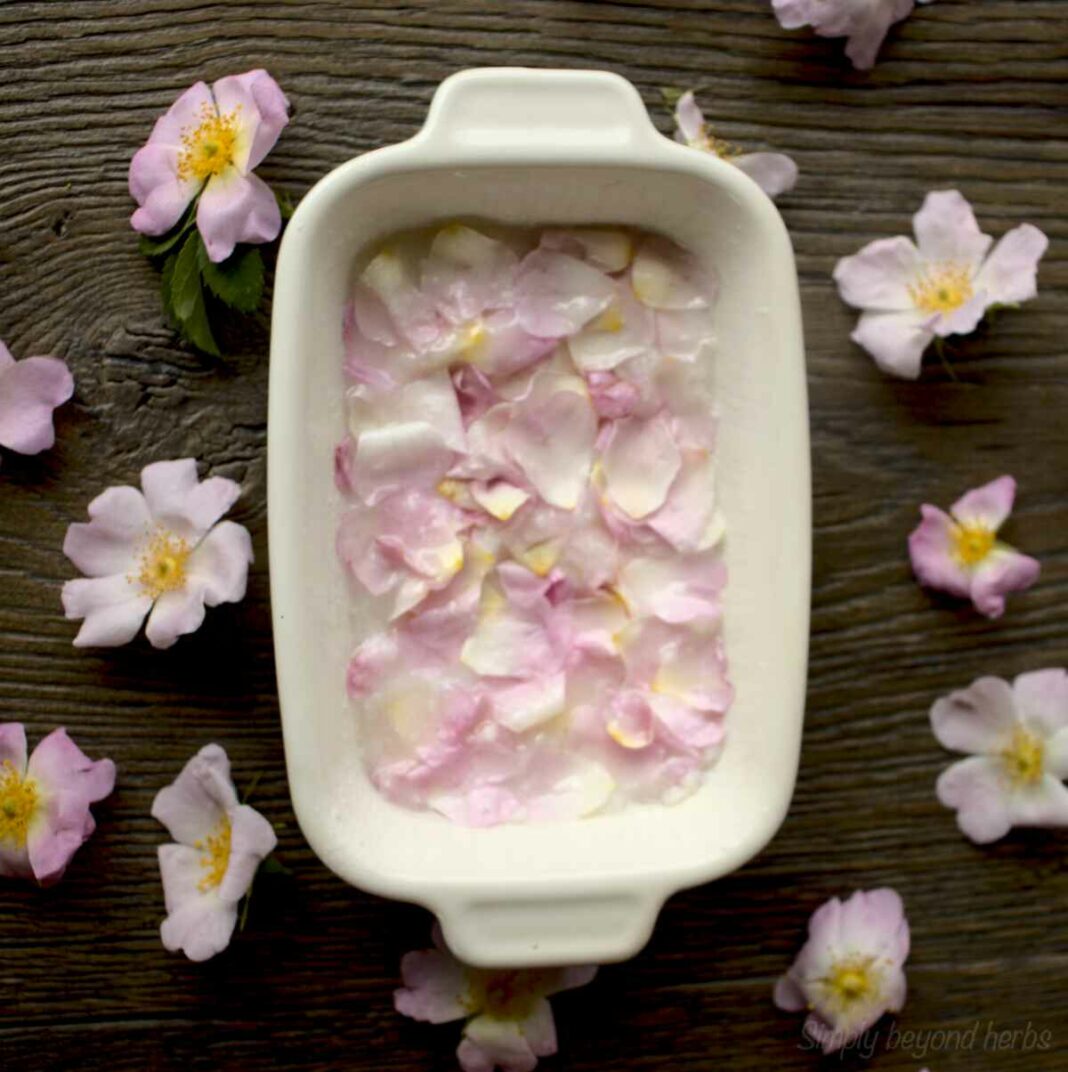Scale and Systems Change
In the research paper, The Art of Scaling Deep, Tatiana Fraser, co-founder of The Systems Sanctuary, talks about scale and systems change. Initiatives that focus on scaling up and scaling out are often considered the primary pathways to success, she writes. Part of their allure is that their impact is easy to measure. Yet, she argues, a focus on scaling up and scaling out allows us to ignore messy truths about growth.
“Endless growth is not sustainable and our urgency to try to fix the problem and seek solutions may be part of the crisis we are in,” Fraser writes.
“One unintended consequence of this has been that another type of scale has been devalued and as a result, under-resourced. It’s a scale that values the slow steady work of deepening relationships. It recognizes the significance of context, building connections that bridge diverse communities and it prioritizes inner work and healing as integral components of the scaling process. We call this type of scale ‘Scaling Deep’ and we believe that adequately supporting it, and funding it, holds the greatest potential for long lasting systemic change.”
Supporting Deep Change
Many collaborative frameworks don’t achieve their potential, she continues, because in the end they are just moving chairs around in a room. They don’t change the deep culture and supporting system that would enable that collaboration. Scaling deep means changing the way you organize, how you manage, and how you define and measure success.
This article gave me a framework for better understanding the often messy work we are doing at the Sustainable Herbs Program as we try to navigate the complex changes that are needed. The recent webinar discussing the SHP Learning Journey also helped me see the incredible power that is coming from this slow steady work of deepening relationships, building diverse communities, paying attention to context (place), and prioritizing inner work.
Most importantly, perhaps, we all ultimately come together in this work around our love of the plants. Guido Masé, herbalist and formulator at Traditional Medicinals, who often begins our Learning Lab meetings by inviting us on a plant journey, said it the best. “I really believe in letting plants lead the way and I think the Sustainable Herbs Program is asking plants to help us figure out how to do that. And we’re kind of getting there. I don’t understand how, but it’s pretty cool to watch.”
Related


